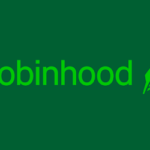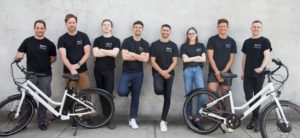The Daimler-backed, peer-to-peer car-sharing startup Turo confidentially filed paperwork with regulators for an initial public offering in the United States on August 9, 2021. The move is seen as a turnaround for the company that had a bumpy pandemic ride in which it had to lay off 30 percent of its workforce, says data tracker Layoffs.fyi.
The details of shares to be offered in the IPO and the price range have yet not been disclosed after the startup initiated the confidential process of filing papers with the U.S. Securities Exchange Commission.
Turo’s ride till filing of the IPO
In 2017, Daimler and South Korea’s SK Holdings co-led a $92 million financing round in Turo, also backed by Alphabet Inc’s venture capital arm, GV. The round also featured Turo acquiring Daimler’s peer-to-peer car-sharing platform Croove.
The company entered the unicorn club after raising $250 million in a Series E round of funding in July 2019, which pushed the company “past the billion-dollar valuation mark,” CEO Andre Haddad said in a blog post.
In February 2020, Turo raised a fresh $30 million in an extension round, bringing its total funding to date to over $500 million. This year, it is the latest to explore going public after a string of debuts, including SoftBank-backed Full Truck Alliance, electric-vehicle maker Lucid Group and Plus, a self-driving truck technology startup.
The business blueprints
The eleven-year-old Turo’s marketplace is analogous to Airbnb, letting car owners post an ad to rent out their vehicle on its app and website. Cars are available to rent in more than 5,500 cities across three countries. Turo was in Germany after taking over Daimler AG’s car-sharing subsidiary Croove alongside an investment deal. The company is no longer in Germany.
Turo estimates that private cars sit unused for as much as 95 percent of the time and says its service is around 25 percent cheaper than a traditional car rental service.
The business model is inherently asset-light and, on its face, relatively low risk for all involved. P2P platforms do not procure and maintain their fleets for consumers to use; they connect existing car owners with travelers needing a quick fix.

































